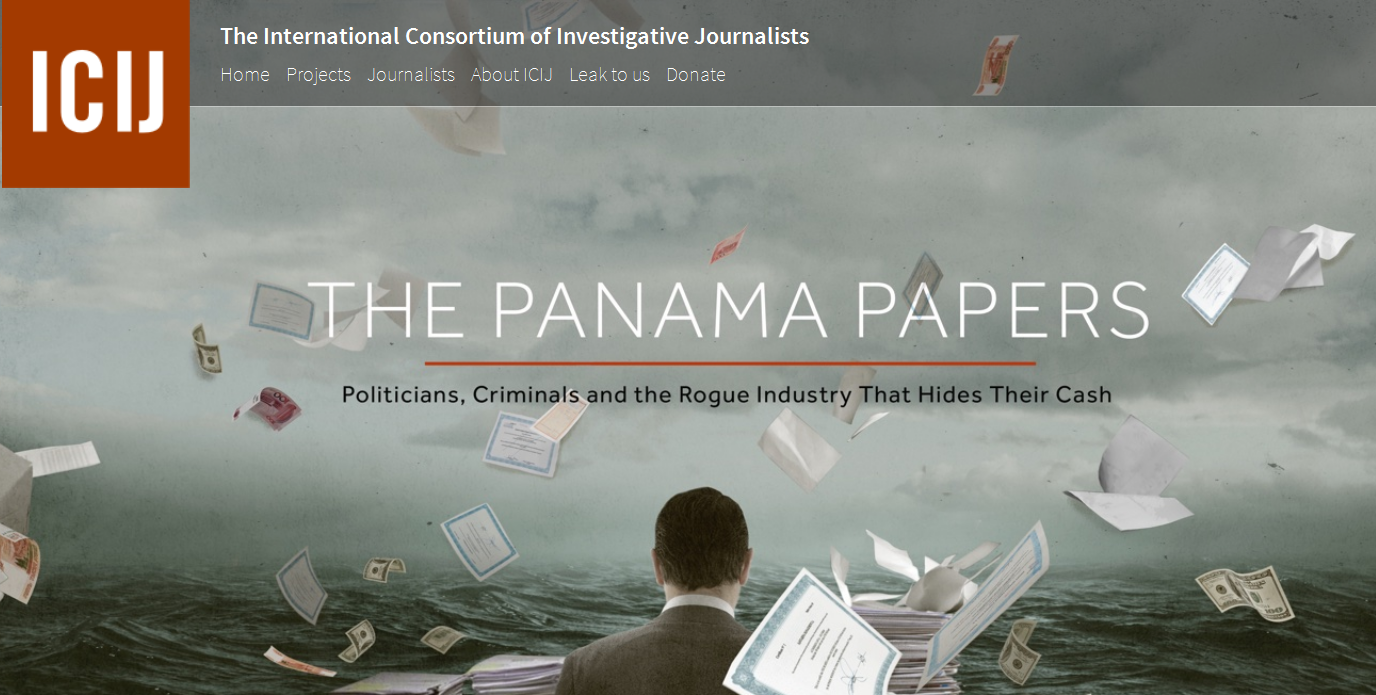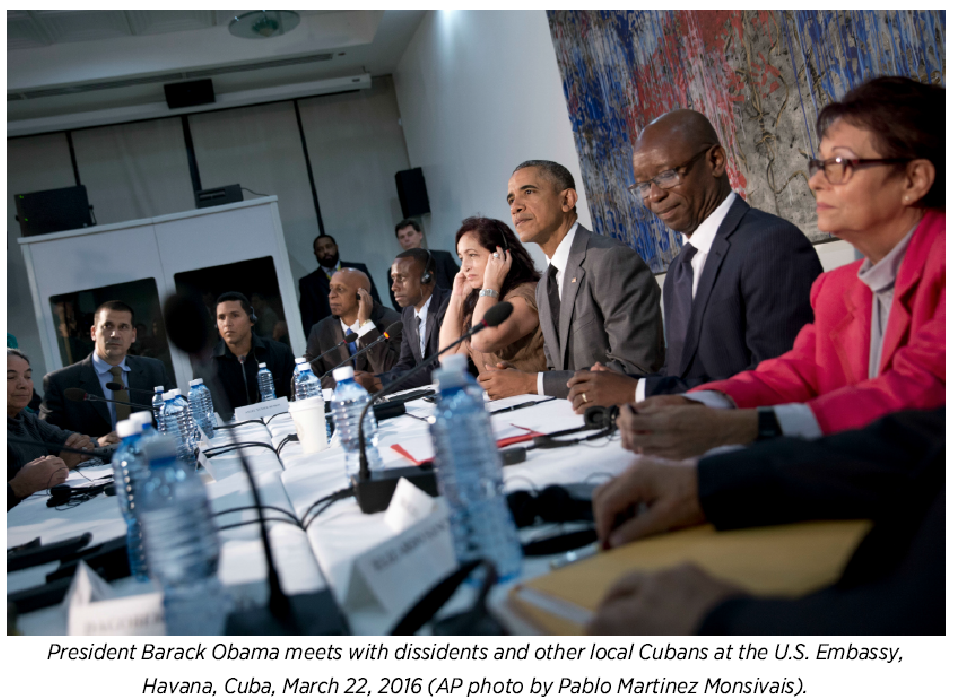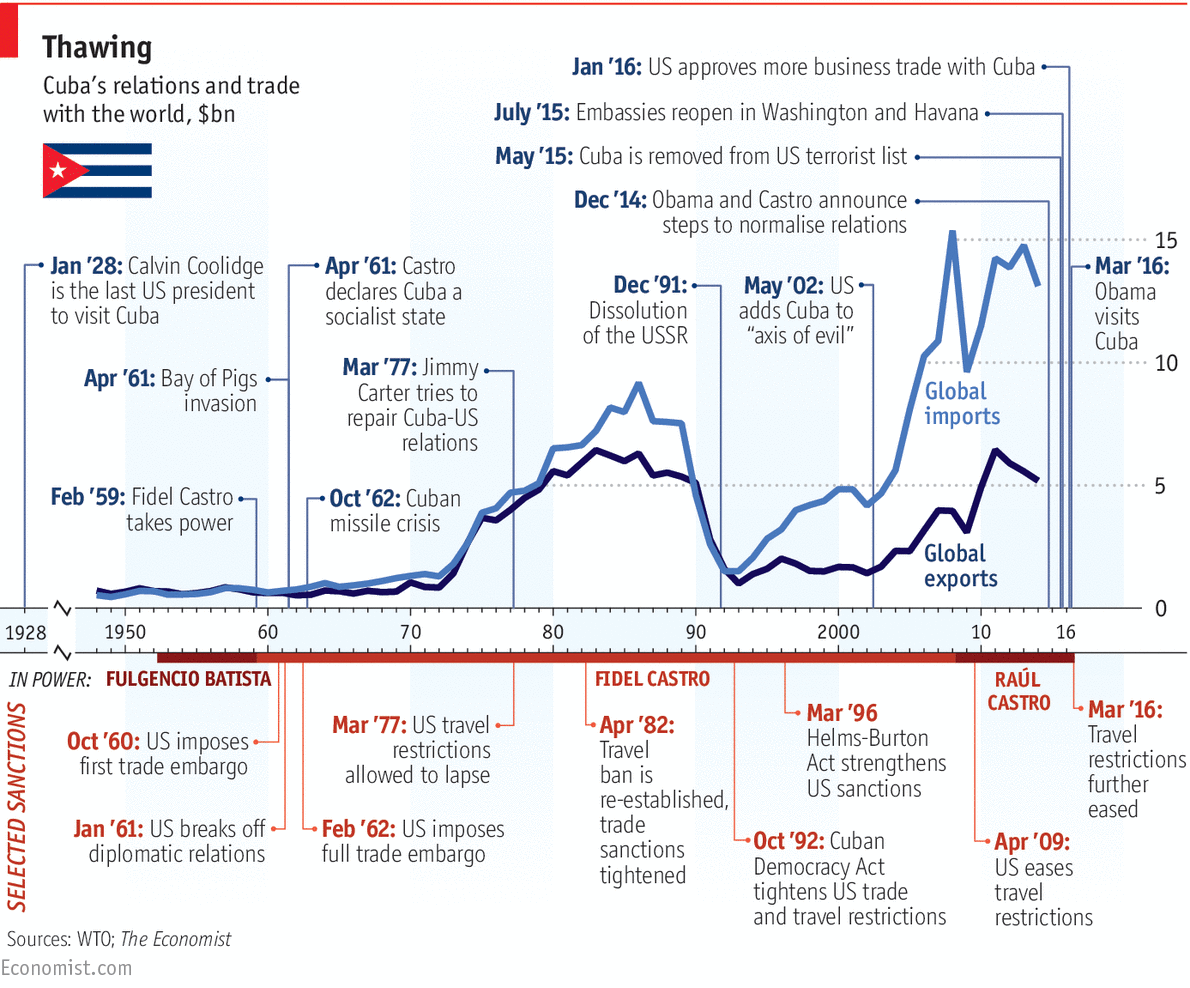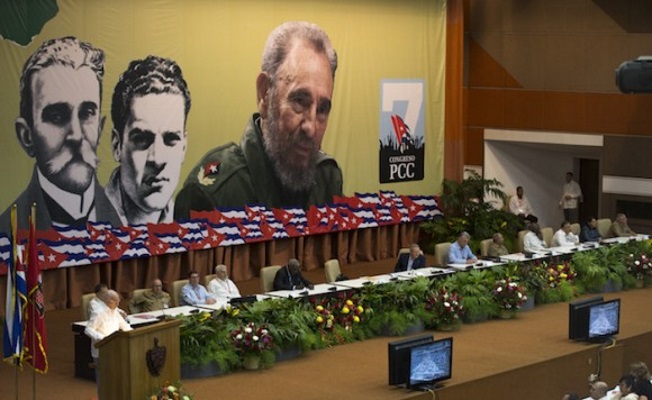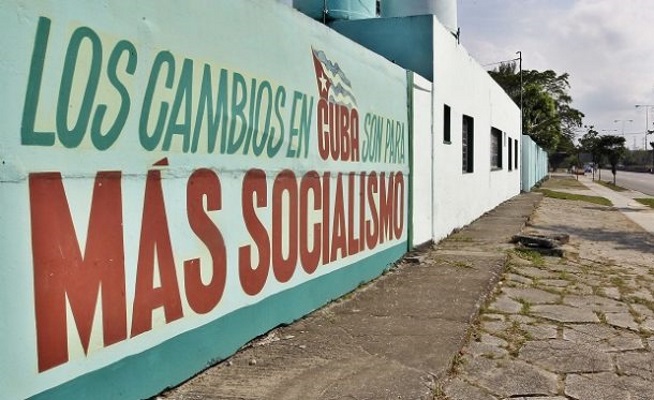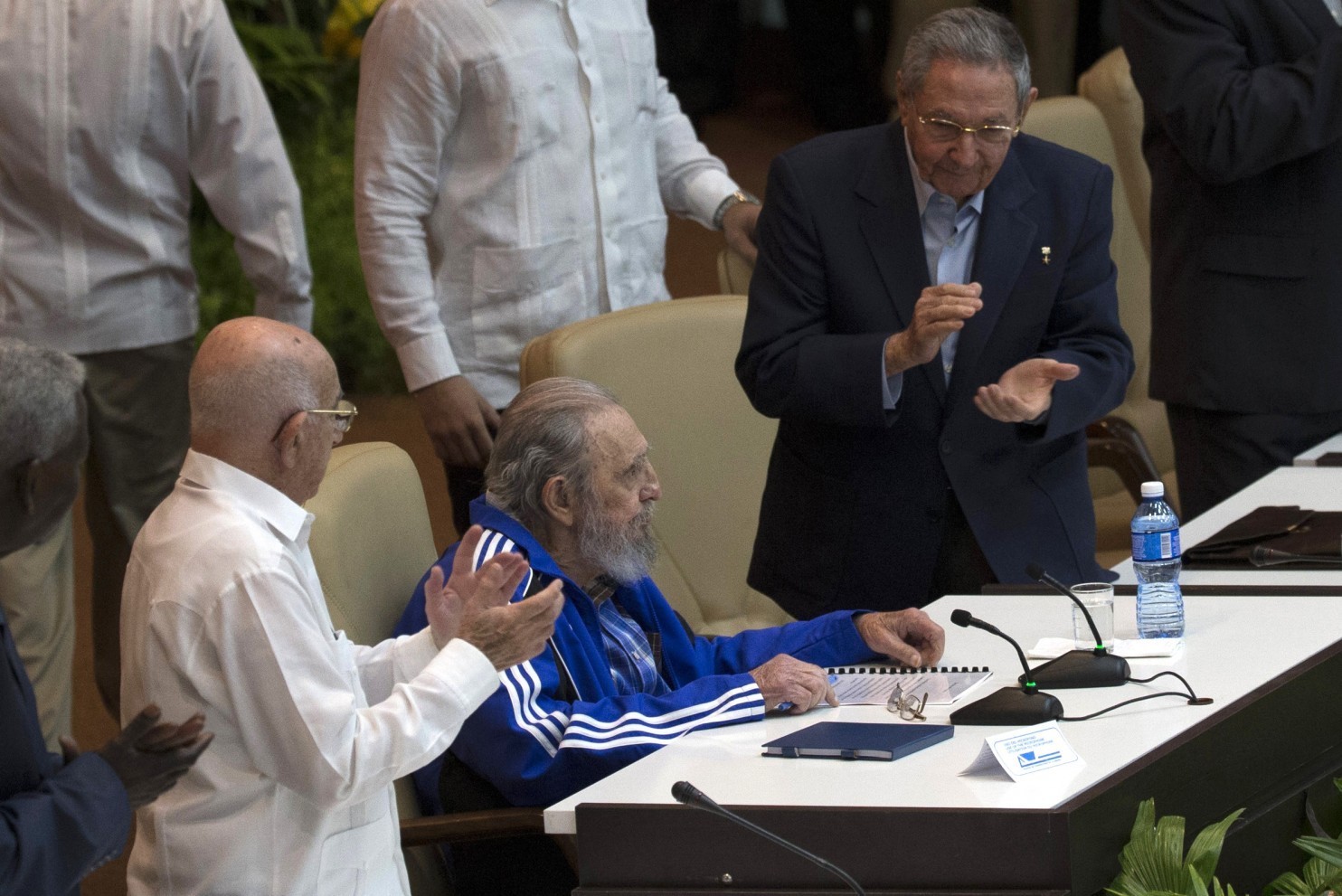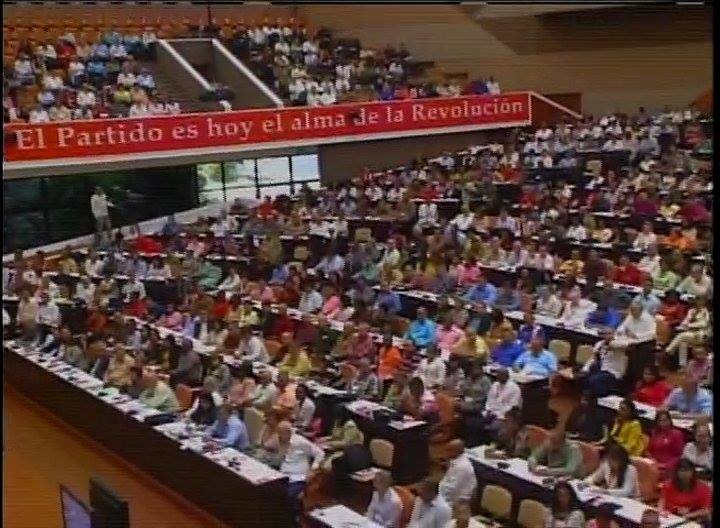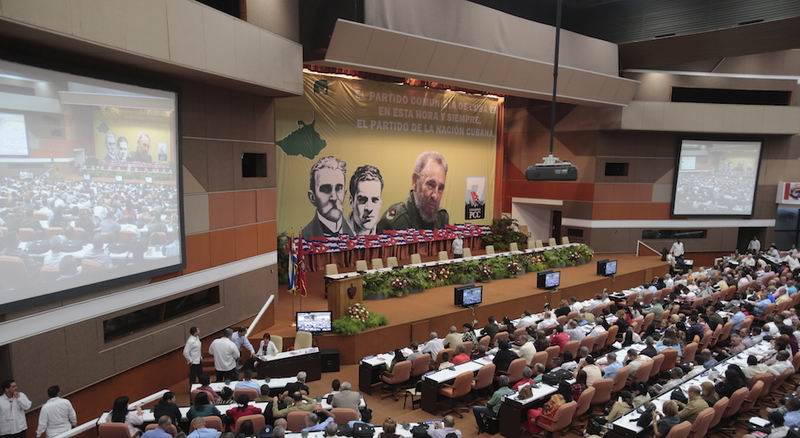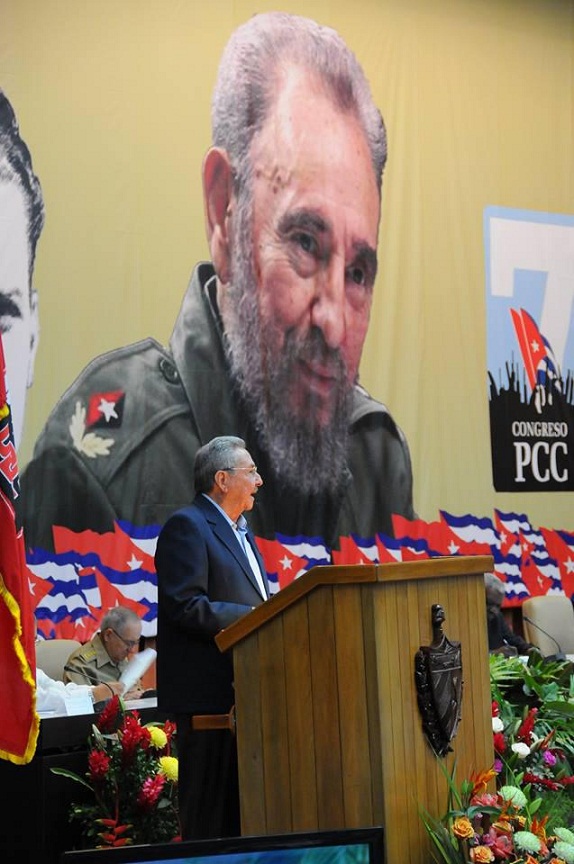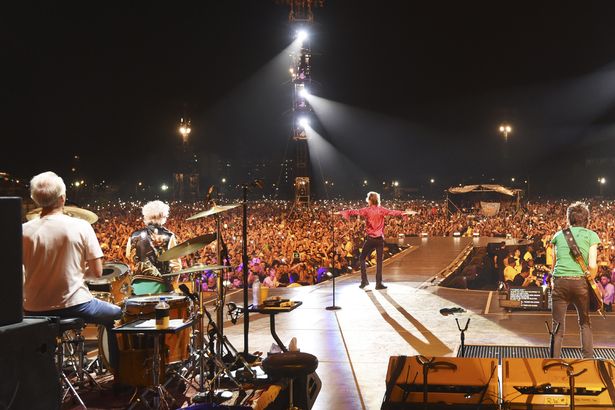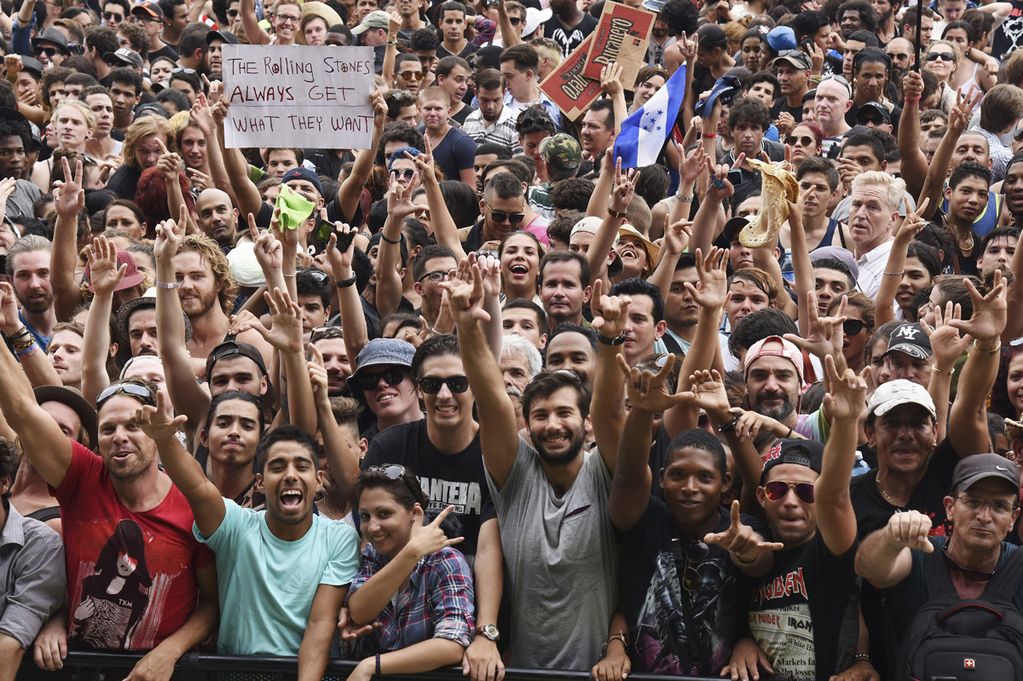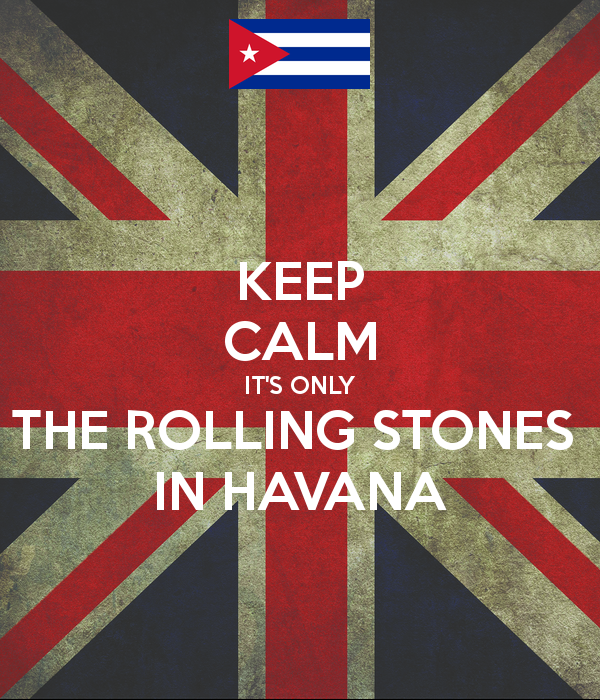El VII Congreso del Partido Comunista de Cuba no ha impulsado la apertura esperada tras la visita de Obama a la isla. Raúl Castro ha apostado por la continuidad y sembrado dudas sobre la mejora económica y el bienestar ciudadano
Carmelo Mesa-Lago
EL PAÍS, 21 ABR 2016 – 18:00 EDT
Contrariamente a lo que se esperaba, el recién concluido VII Congreso del Partido Comunista de Cuba (PCC) básicamente ha mantenido el statu quo. Hubo escasísima información y ningún debate antes del evento; unos 4.700 conocían los proyectos, 0,7% de los miembros del partido. En el Congreso hubo 8.800 propuestas.
En contraste, el debate de los “Lineamientos” antes del VI Congreso en 2011 envolvió a 8,9 millones de participantes con tres millones de propuestas. Se alegó que el VII Congreso era un seguimiento del anterior y no requería otra discusión masiva aunque solo se han implementado 21% de los 313 “Lineamientos”.
Un avance fue el rejuvenecimiento del Comité Central: de sus 142 miembros, más del 66% nació después de 1959; los 55 nuevos miembros del Comité son todos menores de 60 años, así como
Tres mujeres y dos afrocubanos fueron incorporados al Buró. Aun así, solo 23% de sus miembros son mujeres —la mitad de la población— y 29% son afrocubanos que constituyen el 36%. Empero, en el Comité Central la participación femenina creció hasta el 44% y la de los afrocubanos al 36%.
Raúl Castro recomendó que la fecha tope de ingreso al Comité Central sea de 60 años y de 70 para cargos en el PCC, medida que debe ser debatida y ratificada antes del próximo Congreso en 2021, tres años después de jubilarse Raúl. Este afirmó: “En el 2018 concluirá mi segundo mandato consecutivo como presidente de los Consejos de Estado y de Ministros y cederé estas responsabilidades a quien sea elegido”.
El sector estatal mermó de 81% a 71% en el periodo 2010-2015, mientras que el sector privado y cooperativo se expandió. Raúl enfatizó que estas formas no son anti-socialistas ni implican una vuelta al capitalismo, pero apuntó “corrupción e ilegalidades, evasión de tributos y ejercicio ilegal de actividades no permitidas”, con el riesgo que concentren la propiedad y la riqueza, por lo que habrá que imponerles “límites bien definidos”.
Según Raúl Castro, las fuerzas de la oferta y la demanda no están reñidas con la planificación central; ambas pueden convivir como en las exitosas reformas de China y Vietnam, aunque Cuba las llama “actualización” porque no cambiará “el objetivo fundamental de la Revolución”.
Al ritmo de implementación de los Lineamientos en el pasado lustro, costará 23 años implantar el resto. El Plan de Desarrollo hasta 2030 no se terminó y se acordó posponerlo a 2017. Tras ocho versiones de la “conceptualización del modelo económico”, el Congreso preparó una propuesta para ser consultada por la militancia del Partido y de la Unión de Jóvenes Comunistas con un plazo que se extiende hasta 2021. La unidad de la doble moneda, debatida durante cinco años, sigue pendiente. “No quedará para las calendas griegas”, dijo Raúl. En los dos años de la Zona de Mariel ha habido 400 proyectos de inversión, solo se han aceptado 11; a ese ritmo costará 72 años aprobar el resto.
Los más altos dirigentes del Buró (la mayoría octogenaria o septuagenaria) se afincan en sus puestos y posponen su renovación. Reelegidos son: Raúl (84) primer secretario, lo que permite su continuidad hasta 2021; Machado Ventura (85), uno de los ortodoxos más fuertes, segundo secretario; Esteban Lazo (72), Salvador Valdés (70) y Leopoldo Frías (74). Miguel Díaz-Canel, Bruno Rodríguez y Marino Murillo, que tienen 55-56 años, ya estaban en esos puestos.
El partido único —ratificó Raúl— continuará siendo “la fuerza dirigente superior de la sociedad y el Estado”. Se nos ataca y exige, “desde casi todas partes del planeta, para debilitarnos, que nos dividamos en varios partidos en nombre de la democracia burguesa; ni hoy ni nunca. Si lograran algún día fragmentarnos sería el comienzo del fin”.
Raúl Castro, Mariano Murillo y otros dirigentes han ratificado “el predominio de la propiedad de todo el pueblo” (estatal) sobre los medios fundamentales de producción, así como del plan sobre el mercado. Aunque hace cinco años comenzaron las cooperativas de producción no agrícola y de servicios, continúa su carácter “experimental”, se ha paralizado su creación para concentrase en las establecidas, debido a sus deficiencias y el precario acceso a insumos del mercado mayorista.
El aumento de precios de los alimentos por las ganancias de los intermediarios ha causado disgusto en la población y forzado el aumento del acopio y la fijación del tope a precios en los mercados estatales, desandando avances previos.
El sector no estatal desempeña un papel complementario al estatal, pero hay que limitarlo para evitar la concentración de la propiedad y la riqueza, como la cantidad de hectáreas de tierra que pueden tenerse, el número de locales arrendados, y que una empresa estatal rija los precios de su actividad.
¿Por qué no se avanzó en el VII Congreso de la misma manera que en el VI? Una posible razón es que la visita de Obama generó apoyo en la población y una dinámica de cambio para la que no estaba preparado el Gobierno. Contrario a la idea de que esto impulsaría las reformas estructurales, los que se oponen a ellas han reforzado sus argumentos sobre los graves riesgos que conllevan en un momento ideológico-político difícil.
En esto abundó Raúl: “Las relaciones entre Cuba y Estados Unidos imponen elevados desafíos al trabajo ideológico con programas dirigidos hacia los sectores que el enemigo identifica como los más vulnerables y abarca a los jóvenes, la intelectualidad, los trabajadores en formas no estatales de gestión”. Agregó que recientemente ha ocurrido “un crecimiento de las acciones enfiladas a fomentar valores de la sociedad de consumo: la división, la apatía, el desaliento, el desarraigo y la falta de confianza en la dirección de la Revolución y el Partido”.
Seguidamente se refirió a “las acciones dirigidas a introducir plataformas de pensamiento neoliberal y de restauración capitalista apoyadas por una perversa estrategia de subversión político-ideológica que atenta contra las esencias mismas de la Revolución”. Estados Unidos ha cambiado la estrategia anterior de hostilidad “por otros métodos más difíciles de combatir”. Esto último alude al discurso de Obama al pueblo cubano en que aseguró que EE UU no intervendría en la isla y que era el pueblo quien debía decidir su futuro, a la par que estaría dispuesto a ayudar en lo que se solicitase.
El Congreso apostó por la continuidad y, aunque hubo algunos avances, se caracterizó por el estancamiento e incluso algunos retrocesos. Hay que preguntarse si esto ayudará a la economía, al bienestar de los ciudadanos y al proceso de normalización con Estados Unidos.
Carmelo Mesa-Lago es catedrático distinguido emérito de Economía y Estudios Latinoamericanos en la Universidad de Pittsburgh.

